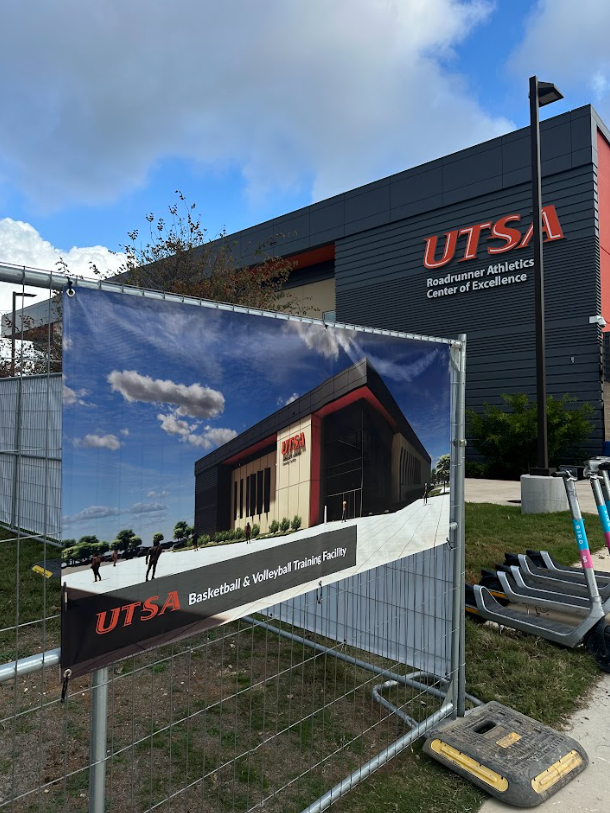In the debate over the issue of undocumented immigration in Texas, state legislators are exploring solutions such as increasing border patrol and delaying the amnesty process for illegal applicants.
San Antonio Congressman Pete Gallego said, “Most people don’t really care where the idea comes from. They want action, they want something to happen, and they’re tired of the prolonged conversation,” according to the Houston Chronicle.
Federal immigration policies have already been debated and adjusted several times. The most recent “fix” was the Immigration Reform and Control Act of 1986. The act’s purpose was to provide undocumented immigrants with the opportunity to apply for citizenship. To obtain this status, the applicant required a clean criminal record, knowledge of American history and the English language and proof of U.S. residency since Jan. 1, 1982.
Economic concerns are always present when debating illegal immigration. The San Antonio Express-News asserted, based on data compiled by the Center for Migration Studies of New York, that “the number of undocumented immigrants entering Texas has plummeted to its lowest point in more than two decades thanks to the nation’s wounded economy and beefed-up border security.”
As of 2010, illegal immigrants make up about 6.7 percent of the population of Texas, according to the Pew Hispanic Research Center. This number not only affects the economy, but also public education.
Paying tuition to go to a public college is a standard, and students who are Texas residents pay ‘in-state’ tuition prices. While students coming from other states or countries can pay double this price or more, tuition and fees for an in-state UTSA student is about $8,400 for 2012-2013. Out-of-state and international students are expected to pay approximately $16,500 in tuition and fees.
As tuition for a college education increases, financial aid increases in importance as well. According to the Dallas News, “Nearly 2,500 students who are in the country illegally received more than $9.5 million in-state higher education grants in fiscal year 2010.” The Dallas News also noted that “there were 16,476 illegal immigrant students paying resident tuition rates, meaning more than one in seven get state financial aid as well.” This affects the aid that in-state residents receive, as well as how much aid other U.S. citizens can receive. State Rep. Bill Zedler (R-Arlington) said that “for every dollar we give to someone who is here illegally, that’s a dollar less that we’re giving to someone who’s here legally.”
Currently, the House of Representatives is working on a bipartisan bill that would allow undocumented immigrants to stay in the U.S. as long as they have a clean criminal record. In addition, undocumented immigrants must pay certain tax penalties to gain full citizenship.
Categories:
Immigration reform has significant impact on Texas economy, students
March 5, 2013






